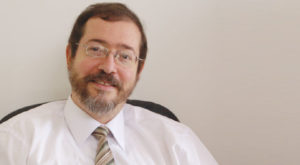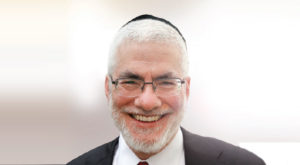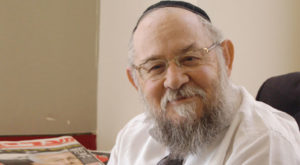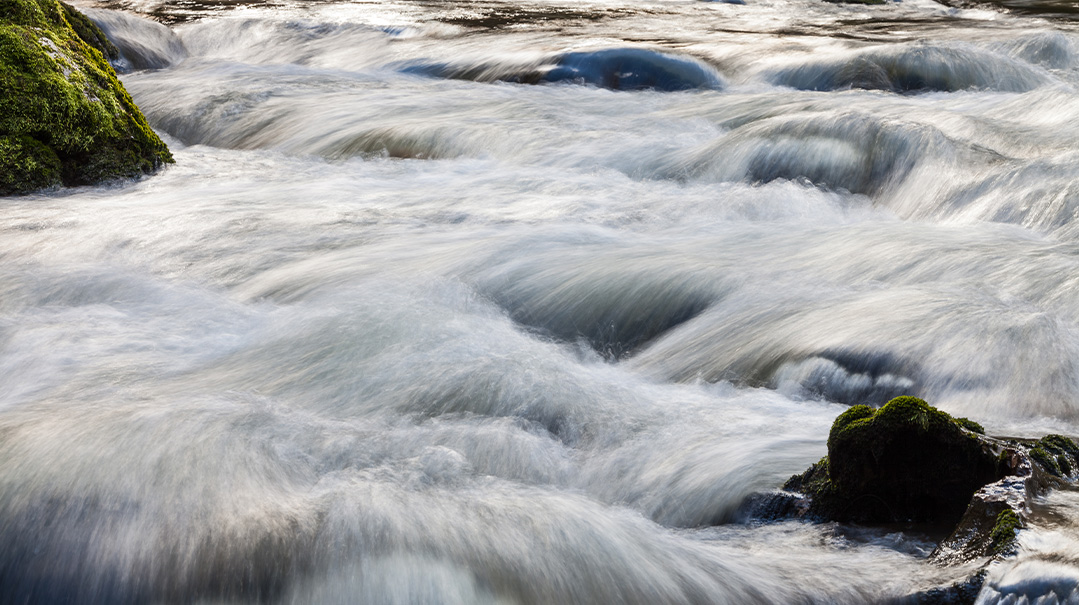Stand Up and Be Counted
| February 5, 2020Every Orthodox Jew over the age of 18 can — and, I believe, should — vote
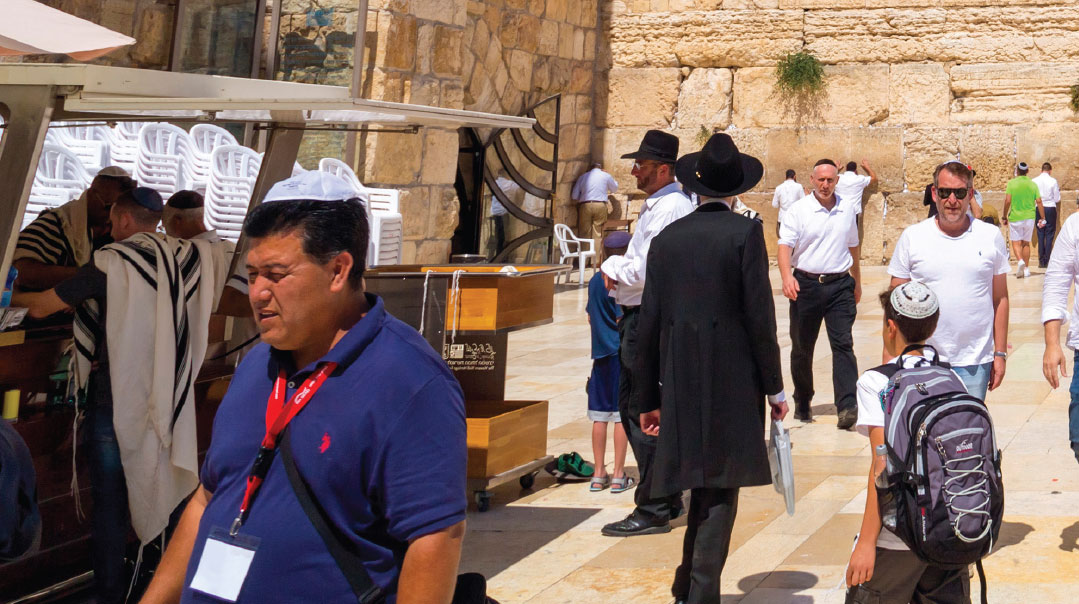
What would you do with $5 billion dollars? Which Torah projects, institutions, and chesed opportunities would you choose? How much kiddush Hashem would you create? How much chillul Hashem would you prevent? That’s a question currently facing the American Torah community.
Allow me to explain: The World Zionist Organization (WZO), based in Jerusalem, is now electing delegates from around the world to attend the upcoming World Zionist Congress in Jerusalem in October 2020. To appreciate the significance of this, it’s important to understand what, exactly, is the function of the WZO on the greater Jewish world stage.
The WZO is the parent organization of the Jewish Agency, Keren Kayemet (Jewish National Fund), and Keren HaYesod. Its combined annual budget is $1 billion, and this election will affect policy of the organizations, selection of boards and professional positions, and how the money is allocated over the next five years. And much of that money can be allocated by those boards and professional staff.
The World Zionist Congress, the policy-making body of the WZO, convenes every five years in Jerusalem and brings together over 500 delegates and over a thousand alternates from Zionist organizations around the world, of all political and religious streams and affiliations.
Although delegates this year may include members of the anti-Israel J-Street, individuals who support boycotting Israel, and extreme left-wing Reform clergy (not sure how they’ve self-defined as “Zionists”), these delegates decide leadership positions in key national Israel organizations; are involved in creating policies affecting shemiras Shabbos, kashrus, and tradition at religious sites such as the Kosel; are influential in setting attitudes and standards for marriage, divorce, and conversion; decide policy and funding affecting Jewish education in Israel and across the world, including setting MASA educational grants for students at yeshivos and seminaries; and set the direction for the WZO and affiliated organizations’ $1 billion annual budget over the next five years.
There will be 152 delegates from the United States, close to a third of the Congress.
The Torah community has traditionally not been involved or active in the WZO and its affiliated organizations — which have been around since even before the creation of the State of Israel — and gedolei Yisrael have generally stayed away from any involvement.
So what’s changed, and why is this election different?
In the 2015 World Zionist Congress election, the liberal Jewish groups won the majority of American votes. Those American delegates joined with other delegates from Israel and around the world, who had the same liberal, largely anti-Torah views. They set up alliances with left-wing parties in Israel and they often waged war against Torah and mitzvos. With their newfound decision-making influence, they tried to add a mixed-gender prayer section at the Kosel. They gave money to liberal anti-Torah projects and causes, in Israel and throughout the world. They launched a program to teach pluralism in Israeli public schools. They welcomed hundreds of thousands of halachically non-Jewish Russians as Israeli citizens. They decreased allocations to Orthodox institutions and projects, and they limited funding to Jewish communities in Yehudah and Shomron.
Can you imagine what they would do with another $5 billion?
The leftist groups running in this election are more left and more liberal than ever before — and they’re busy gathering many tens of thousands of votes to advance their agenda.
A group of Torah askanim met recently to assess this situation, and discussions with gedolim in Eretz Yisrael (who live with the results of Reform and left-wing influences) and in the United States led to encouragement of the plan to create a Torah slate to run in these elections, in order to try to limit the influence of the liberal Jewish community. Although the Torah community has traditionally not involved itself in the WZO, circumstances and situations are now different. Today it’s become an eis la’asos — a timely obligation to stand up for Torah values.
To that end, Eretz HaKodesh, an American initiative to protect and uphold true Torah values in Eretz Yisrael, was created, putting together a slate of delegates that represent the yeshivah, chassidic, Sephardic, and Israeli Torah communities of the United States.
Eretz HaKodesh has the backing of numerous rabbanim, including Rav Elya Brudny, who explained the position of the Moetzes Gedolei HaTorah of Agudath Israel of America at the recent Agudah national convention. Rav Asher Weiss of Jerusalem expressed in a video how important he felt it was for every Torah Jew to vote in this election. Both videos can be seen on their websites.
Rav Yitzchak Berkovits of the Jerusalem Kollel and Aish HaTorah encouraged the Torah community to get involved in this — because who loves Eretz Yisrael more than the Torah community? The initiative also has the backing of Rav Chaim Kohn, founder of the Machon L’Choshen Mishpat/Business Halacha Institute, and Torah U’Mesorah, the premier organization of yeshivos and day schools, who welcomed the askanim at their recent president’s conference.
If the American Torah community does not vote, we will not be represented, and without strong representation, the influence and decisions will be placed in the hands of those whose policies are most often anti-Torah.
I recall once reading in these pages how the Chazon Ish was encouraging the Torah community to vote in an Israeli election. He said it was a mitzvah to vote. When he was asked if it was like the mitzvah of eating matzah, he answered, “No, it’s like the mitzvah of eating maror. It’s something we must do, even though it may not be pleasant.”
Every Orthodox Jew over the age of 18 can — and, I believe, should — vote. American citizens currently living in Israel (if they will not be voting in the upcoming Israeli elections) or other countries may be eligible to vote. Voting can be done via the Eretz HaKodesh website, which lists all requirements and guidelines. As this is the only democratic opportunity for all American Jews to influence the priorities of Israeli’s national organizations, and given that the liberal Jewish community will be voting en masse, isn’t it time for Torah Jewry to stand up for kedushas Eretz Yisrael and be counted too?
Rabbi Pesach Lerner, a musmach of Yeshivas Ner Israel of Baltimore and community activist for four decades, is president of the Coalition for Jewish Values, which advocates for classical Jewish ideas and standards in matters of American public policy, is executive vice-president emeritus of the National Council of Young Israel, and is co-chairman of and delegate for the Eretz HaKodesh election campaign.
(Originally featured in Mishpacha, Issue 797)
Oops! We could not locate your form.



